If you want to learn more about Peri's work, explore her research here and follow her on LinkedIn. Peri Yerlikaya is a Laidlaw Undergraduate Leadership and Research Scholar at EPFL. Become a Laidlaw Scholar to conduct a research project of your choice, develop your leadership skills, and join a global community of changemakers from world-leading universities.
Find out more about the Laidlaw Scholars Undergraduate Leadership and Research Programme.
🔦 Discover more Scholar Spotlights:
⚡️ Anuj (AJ) Manchanda, a Laidlaw Scholar at the University of Toronto, delves into how Environmental CSR initiatives shape consumer choices.
⚡️ Sebastian Glasper, a Laidlaw Scholar at the University of Leeds, explores social media’s role in mitigating loneliness among older adults.
⚡️ Sophia Waseem Khan, a Laidlaw Scholar at Durham University, champions sustainable agriculture through innovative ion recovery.
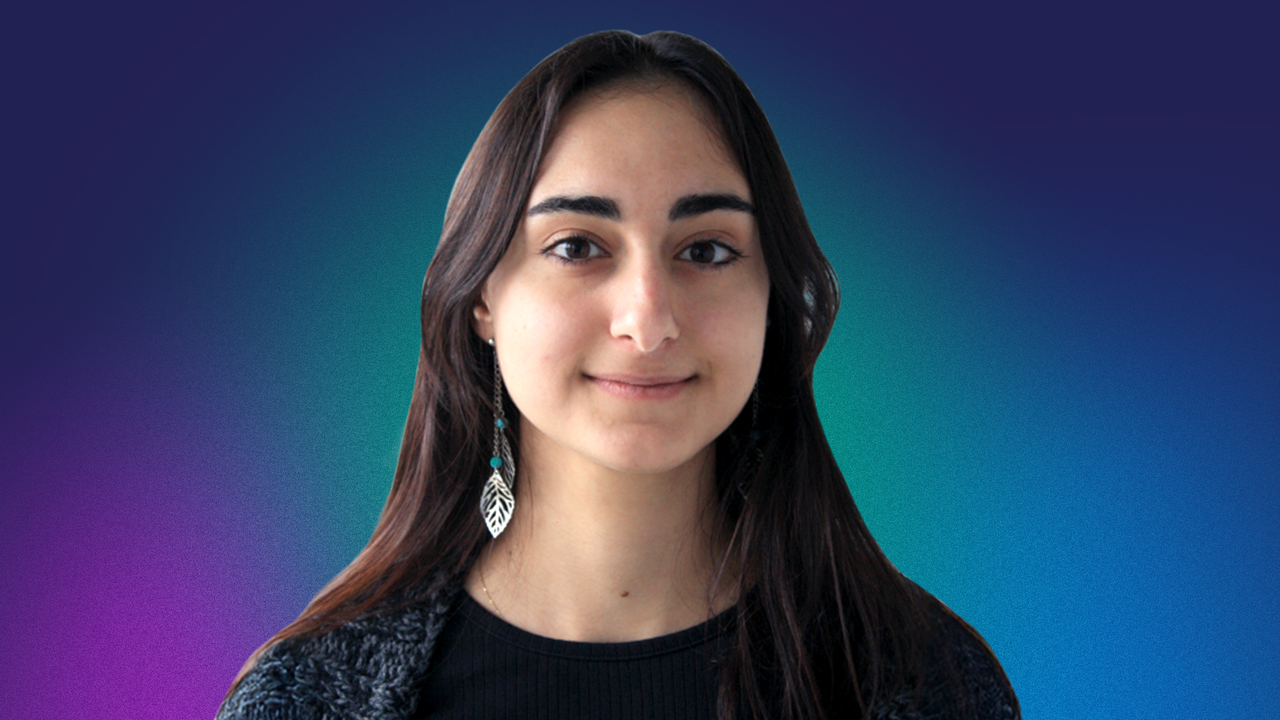
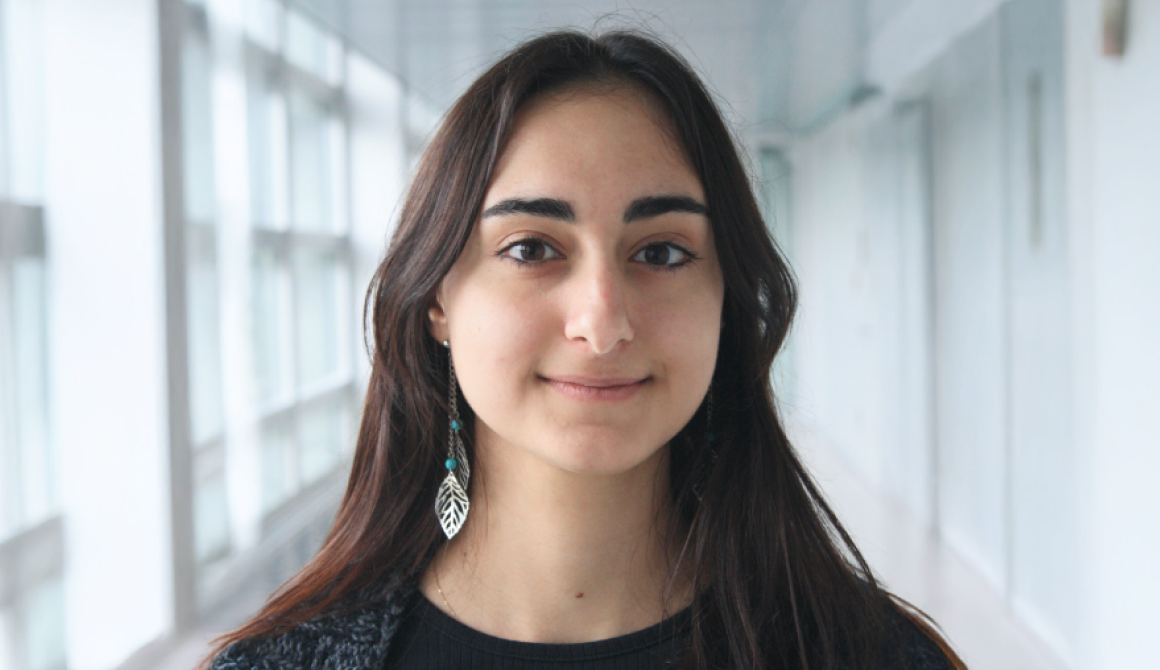
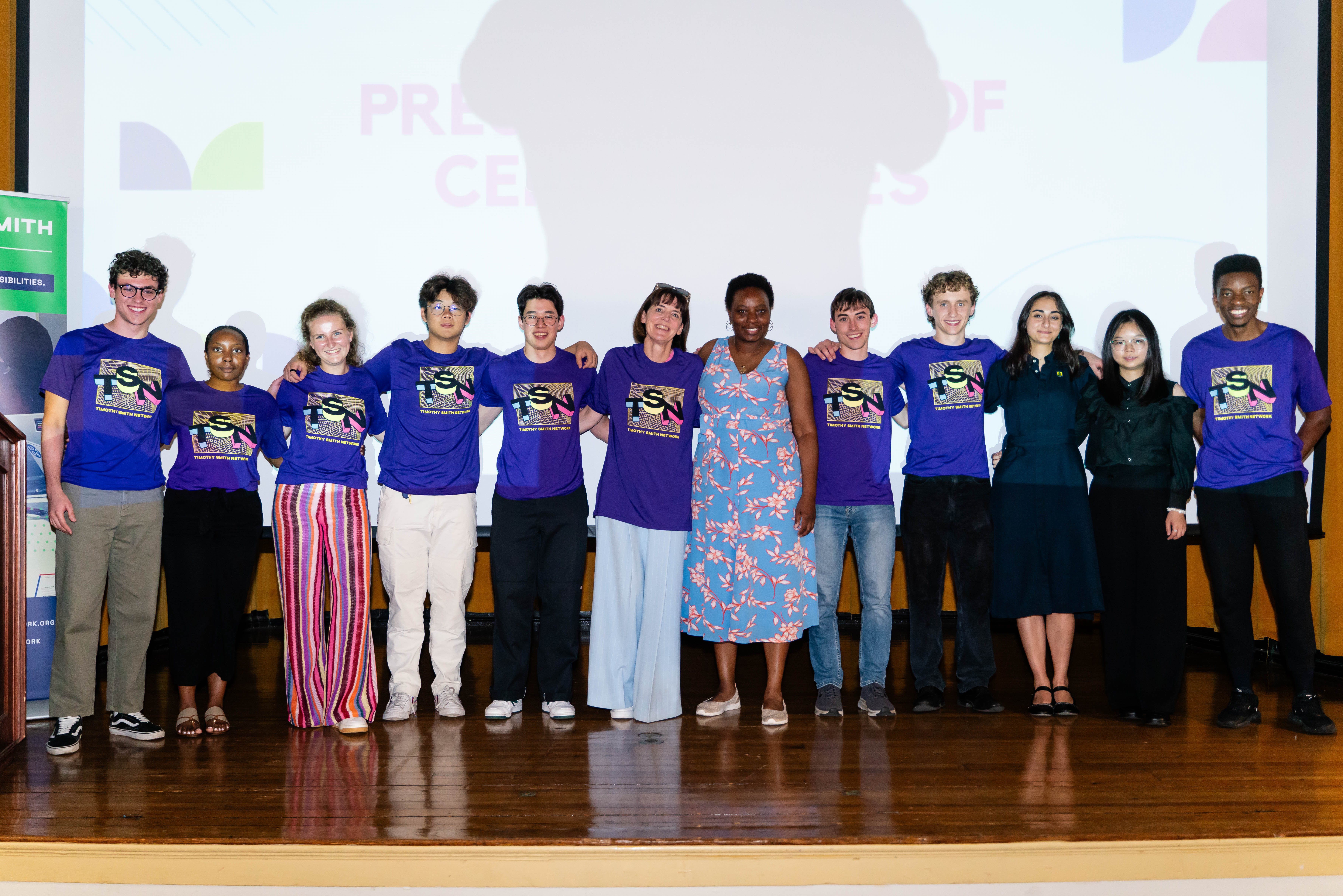
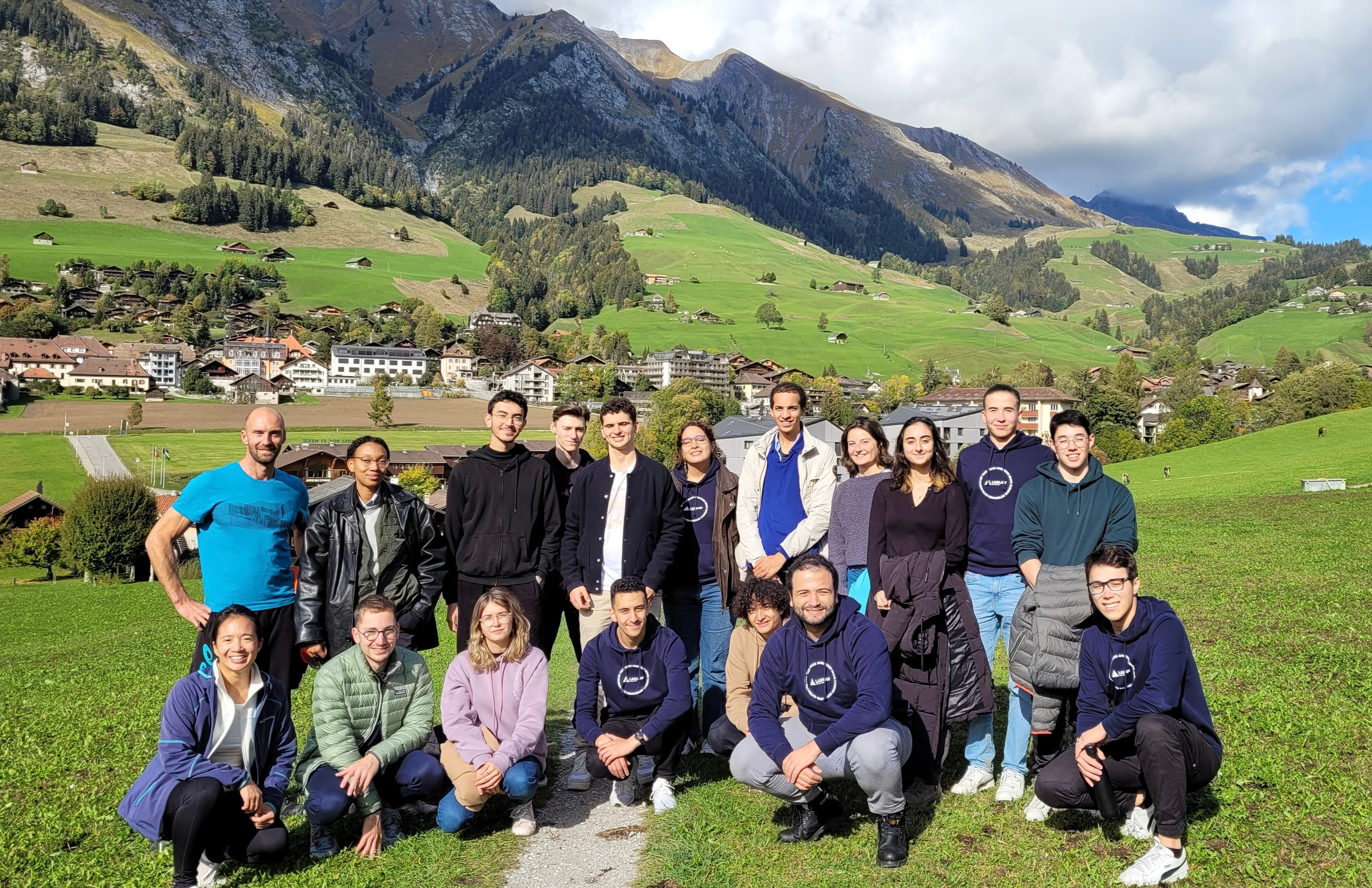
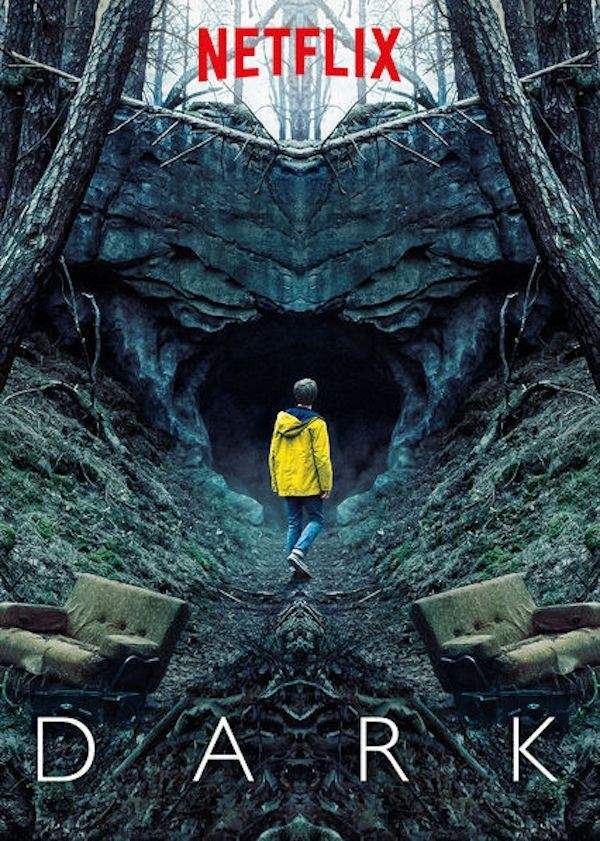
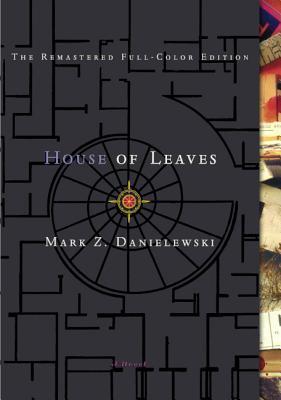
 -
-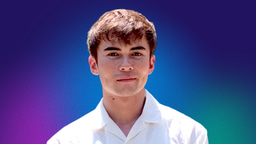
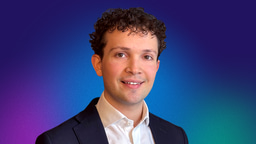
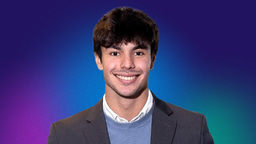
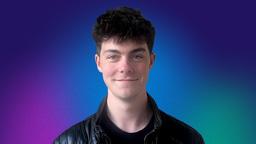

Please sign in
If you are a registered user on Laidlaw Scholars Network, please sign in